The founder of the financial pyramid MMMSergey Mavrodi is dead. He passed away on the night of March 26. Until the end of his days the swindler was devoted to his work – by organizing new financial pyramids around the world. In the 90’s, he was a deputy and even ran for the presidency of Russia.

Sergei Mavrodi died in the hospital as a result of a heart attack. According to one version, he felt bad at the bus stop and a random passer-by called the doctors. Other version says that he was hospitalized from his own apartment. His name was a household all over the world, so let’s remind interesting facts from Sergei Mavrodi biography.
Sergey Mavrodi’s life
The future genius of the financial pyramids was born on August 11, 1955 in Moscow. Sergei Mavrodi said that at childhood doctors diagnosed him with bilateral heart disease and he was promised a maximum of 18 years of life. After graduating from high school, Sergey entered the Moscow Institute of Electronic Technology at the Faculty of Applied Mathematics.
The university awakened entrepreneurial talent and excitement in Mavrodi. He became interested in making and selling copies of audio and video materials. In 1983, he was detained for ten days for “private entrepreneurial activities”. However, the young businessman was lucky: thanks to the issued state decree, the criminal case was avoided.
“I’m not a scammer! I’m a partner! “
The famous financial pyramid originated from the co-operative MMM which Mavrodi founded in 1989. The abbreviation MMM is the first letters of the surnames of the founders: Sergei Mavrodi, his brother Vyacheslav Mavrodi, and Olga Melnikova. The financier admitted that the other two founders were necessary solely for the registration of the company, their positions were nominal.
MMM started as an ordinary company – importing computers and spare parts. Within five years, the enterprise tried almost everything: resale of office equipment, promotion and advertising, organization of beauty contests, and voucher privatization.
On October 20, 1992, the company which later became the famous financial pyramid was registered.
In 1993, MMM issued 991 thousand shares. Their sale started on February 1, 1994. Against the backdrop of the privatization and frankly weak financial literacy of the population, Mavrodi managed to attract the interest of “investors” quickly. The shares were sold under the slogan “Today it’s always more expensive than yesterday.” People actively invested their money increasing the demand.
MMM tried to organize another project for the issue of company’s shares with a volume of one billion, however, the Ministry of Finance blocked it, which was not among Mavrodi’s plans. He issued another 991 thousand shares and sold them under a similar scheme.
To circumvent the ban by the Russian authorities on the issue of shares, Mavrodi introduced the MMM tickets. They resembled the currency with a portrait of Sergei Mavrodi. The MMM tickets had no real value. But Mavrodi announced that the price of one ticket was initially equal to 1/100 of the MMM shares.

Such activities led to the fact that Mavrodi risked dealing with law enforcement agencies, so the scheme of the tickets sale was radically changed: they were issued as a souvenir in exchange for a “donation” to Sergey Mavrodi. Similarly, this rule worked if one of the ticket holders wanted to sell them: in this case, Mavrodi “donated” his money to the seller receiving tickets back.
The cost of MMM tickets grew at an insane rate: by the summer of 1994 it had grown by 127 times. Mavrodi himself earned about $50 million a day.
From the swindler to the president
The popularity of Sergey Mavrodi and the rapid growth of depositors of the financial pyramid irritated the federal authorities. Mavrodi frankly ignored the demands of financial bodies and continued to take money from ordinary citizens. The tax service tried to exact about 50 billion rubles from MMM, but the financier claimed that all taxes are paid by his company. Then the authorities decided to conduct an anti-advertising campaign which provoked a panic and a sharp outflow of depositors from the MMM.
Mavrodi had to react quickly: on July 29, 1994, the MMM announced a 100-fold decrease in ticket price and an increase in its growth by half. Restarting the pyramid allowed Mavrodi not only to save the old depositors but also to attract new ones.
As a result, the authorities had to use the force method: on August 4, 1994, Mavrodi was arrested in his apartment for non-payment of taxes. The arrest of the swindler was shown live on the federal channels. At the same time, law enforcement officers stormed the MMM headquarters and conducted a search. Mavrodi claimed that 17 trucks with cash were removed from the head office. It is still unclear where the money went and who took the trucks.
 |
| Picture from pageone.ng |
After the arrest, Mavrodi suspended the activities of the financial pyramid and announced his intention to be elected to the State Duma. The citizens demanded authorities to release Mavrodi so that he could resume the work of the MMM and forced the tax collectors to return the depositors’ savings. In October 1994, Sergei Mavrodi was released. He became a deputy and all the offices of MMM turned into his inviolable representative offices.
A year later, he was stripped of his mandate because of systematic absenteeism (Mavrodi did not appear at any meeting) and commercial activities. However, on January 10, 1996, the financier submitted the documents for registration of his candidacy in the presidential elections. Mavrodi didn’t get into the presidential race: the election commission rejected the list and Mavrodi withdrew his candidacy.
Game over
The attempt to become president of Russia had a simple explanation: Mavrodi tried to protect himself from criminal prosecution, which resumed in 1996. In September 1997, MMM was declared bankrupt and Mavrodi disappeared. In 1998, the authorities announced the international search, but this did not help. Mavrodi was detained only on January 31, 2003 in a rented apartment. During the search, it turned out that he used forged documents.
The fake passport added another case against Mavrodi: he was accused of fraud and organizing documents forgery. The first criminal case (about non-payment of taxes in the amount of about 50 billion rubles) was closed after the expiration of the statute of limitations.
 |
| Photo from thewillnigeria.com |
On 2 December 2003, the court found Mavrodi guilty of passport forgery and sentenced him to 13 months in prison. Later, on April 28, 2007, he was sentenced to 4.5 years in a general regime colony for fraud. A month after the verdict, on May 22, Mavrodi was released. The court ordered him to pay a fine of 10 thousand rubles and to return the debt of 20 million rubles to the former MMM depositors. Later the court decided to give up the fine in favor of the state.
Mavrodi in Africa
In 2014, Mavrodi abandoned the usual market and transformed his project into MMM Global positioned as a “financial social network”. Initially, the scheme of the new pyramid was based on crypto currency Bitcoin.
The financial social network began operating in almost 100 countries around the world, including South Africa, Nigeria, Zimbabwe, China, Ghana, Kenya, Brazil, India, Thailand, Philippines, Japan, Australia, and Turkey. MMM Global promised its depositors a stable 30% return per month.
Depending on the country, the system of raising funds was slightly different, but the essence was as follows: MMM attracts money promising an average monthly return of 30%; the received money is placed on accounts of investors and converted first in Bitcoins and then in Mavro – the electronic analogue of the MMM ticket from the 90s. Income also was received by depositors in Mavro. People who managed to convert them back into Bitcoins or local currency were lucky, others lost their money.
Mavrodi achieved the greatest success in Nigeria, where the popularity of the pyramid as well as the consequences of its collapse was comparable to the Russian experience. About 2.4 million depositors were registered in the system by the end of 2016, mostly unemployed citizens and people with low incomes. As a result, MMM once again made enemies: local media, bloggers, and public authorities who began to check the work of the project.
The scale of investment in Nigeria was unprecedented: in March 2017, MMM raised N18 billion. In addition to the authorities, even local religious organizations opposed the pyramid. The reason was the mass suiсide of those who did not manage to withdraw their funds from the MMM Global.
We do not know whether you will grieve about Sergey Mavrodi death. Will you?
ATTENTION! ATTENTION!! ATTENTION!!! ADVERTISE ON TOKTOK9JA AND REACH OUT TO YOUR DESIRED AUDIENCE: HERE
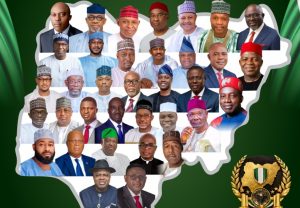

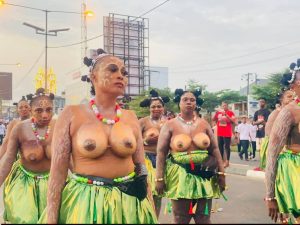
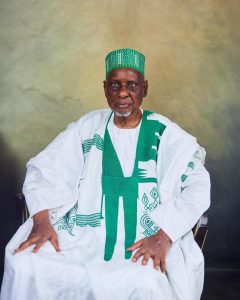
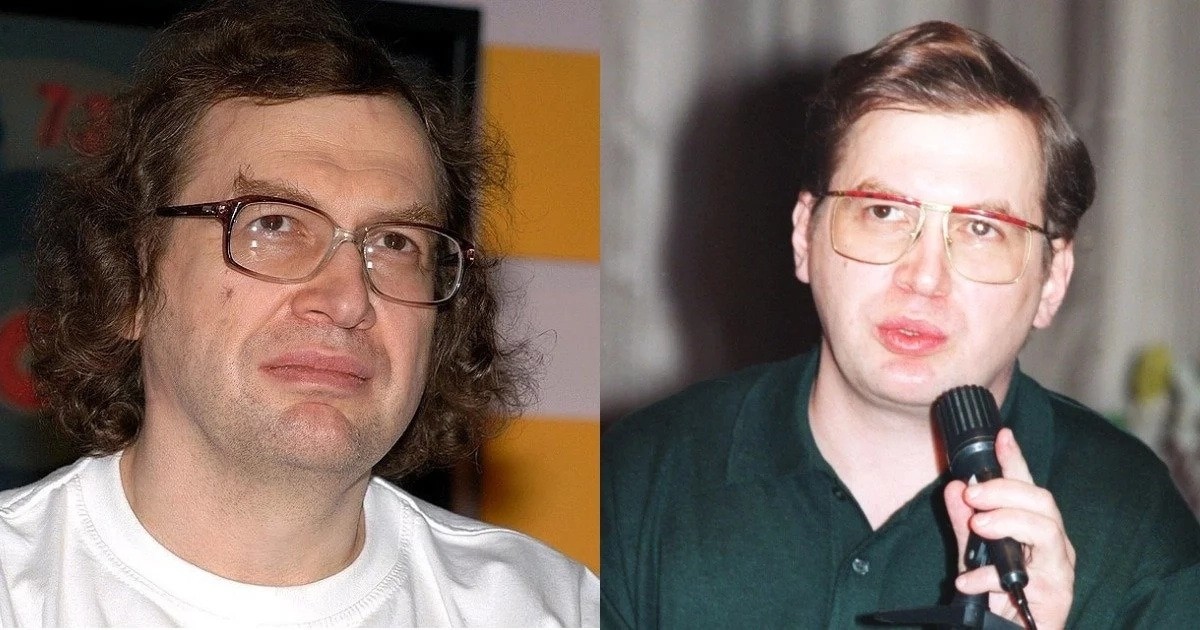






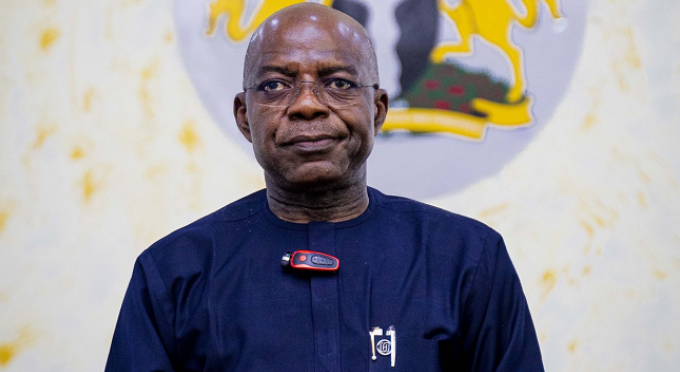












![Reactions As IPOB Leader Strikes Joyous Pose With His Legal Team [PHOTOS]](https://toktok9ja.com/wp-content/uploads/2022/05/f13b2c1e2d357873f4c3fee6c03b63932381891994465965012-150x150.jpg)





